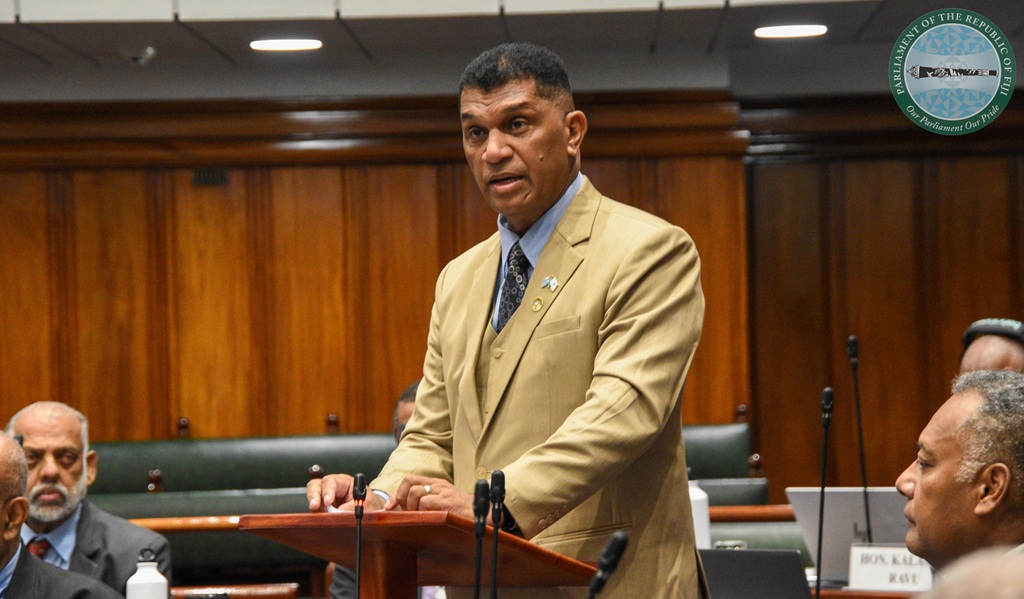The Ministry of Education will review its national policy on the management of HIV/AIDS to ensure it remains relevant, as Fiji records an increasing number of HIV cases, including some among school-aged children.
Data shows “some HIV-positive cases are among school-aged children, aside from those resulting from mother-to-child transmission”. “Despite no specific study done, Minister for Education Aseri Radrodro said the ministry would “seek to obtain a gender and age-range breakdown for children who are HIV-positive from the relevant authorities”.
“Yes, the MOE has a national policy on the management of HIV/AIDS, which provides guidelines for schools, including boarding institutions,” he said.
“These include prohibiting mandatory HIV testing for admission, protecting the right to education regardless of HIV status, maintaining confidentiality, teaching HIV/AIDS through the curriculum, and promoting preventive measures during school activities.”
Given rising case numbers, specialised guidelines for boarding schools are being considered.
“There is currently no specific public available protocol for health checks related to HIV or general health when students return to boarding schools after term breaks, although standard check-in, contraband inspections, and fee verifications are in place.
“Existing measures to protect students included implementing the national school health policy, participating in awareness campaigns, maintaining clean water and sanitation, ensuring fire and kitchen safety, mosquito control, adequate security, supervised movement, hospital clearance for sick students, nutrition oversight, and safe sleeping arrangements.
“It is also ‘actively strengthening HIV/AIDS education and prevention’ through curriculum reviews, teacher training, peer education, counselling, workshops, media campaigns, and new SOPs for prevention and intervention,” Mr Radrodro said.
Through these measures, the ministry “remains committed to building a safe, healthy, and well-informed generation”.

